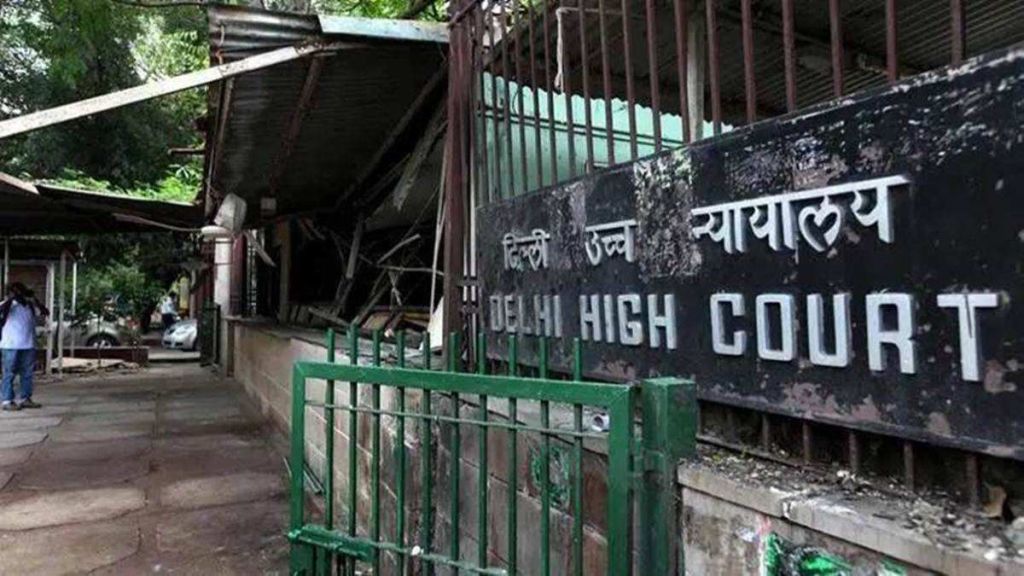The Delhi High Court has dismissed the petitions filed by Alliance of Digital India Foundation (ADIF) and the Indian Broadcasting and Digital Foundation (IBDF) against CCI’s inaction on Google since July 2023. The court said that since CCI is going to hear the pleas against Google on February 21, the petitions have turned invalid.
Recently, ADIF, a body of digital start-ups, and IBDF have gone to the court against CCI who they claim to have been delaying an interim relief to them from the Google’s new billing system – User Choice Billing (UCB) – which asks for hefty commissions from the app developers.
Experts said that by not passing an interim order, the CCI has overlooked its own rules that safeguard the interest of parties affected by anti-competitive practices. For instance, Section 33 of the Competition Act gives power to the watchdog to pass an interim relief if it’s prima facie satisfied with the merits of the application.
Though CCI might still not pass an interim order, affected parties need to make a strong case that if the interim relief is not provided, they can suffer an irreparable loss. ADIF has already made it clear that startups will not be able to recoup losses if CCI fails to act on the plea.
“Affected parties expect the interim orders to be prompt but that is not always the case. This could lead to an impression that the regulator is not sensitive enough against market distortions. There has, at least, been one instance where this caused a good number of players exiting the market,” said K.K. Sharma, founder, KK Sharma Law Offices.
“The idea to bring Section 33 was to give relief to the applicants where the probe is going to take time or in relatively-new domains such as digital markets. Earlier, the CCI was lacking quorum but that issue has been resolved now,” said a competition law expert. Last year, CCI reportedly started a digital markets and data unit which aims to specialise in digital markets cases.
The latest controversy stems from the CCI’s two anti-trust orders passed in October 2022 that required tech giant to make nearly two dozen changes in its Android and Google Play services. In response to the CCI’s orders, Google introduced UCB last April. Even though UCB allows app developers to use third-party billing system but they need to pay a service fee of 11-26%.
Take the case of X’s (formerly Twitter) premium-tier blue checkmark services. It costs Rs 900 per month on Google Play as compared to just Rs 650 on the web because Google charges commission on the subscription. “Google shall also not discriminate or otherwise take any adverse measures against such apps using third party billing or payment processing services in any manner,” the CCI order had said.
ADIF has claimed that charging this fee is against the CCI orders. In fact, ADIF has said that “Google has failed to comply with most of the remedies suggested by CCI, and its justifications for these are imprecise, non-specific, and arbitrary.” Ajay Data, secretary general at ADIF, declined to comment on the issue.
Currently, Google’s Android controls a lion’s share (over 95%) in the mobile operating system market.

